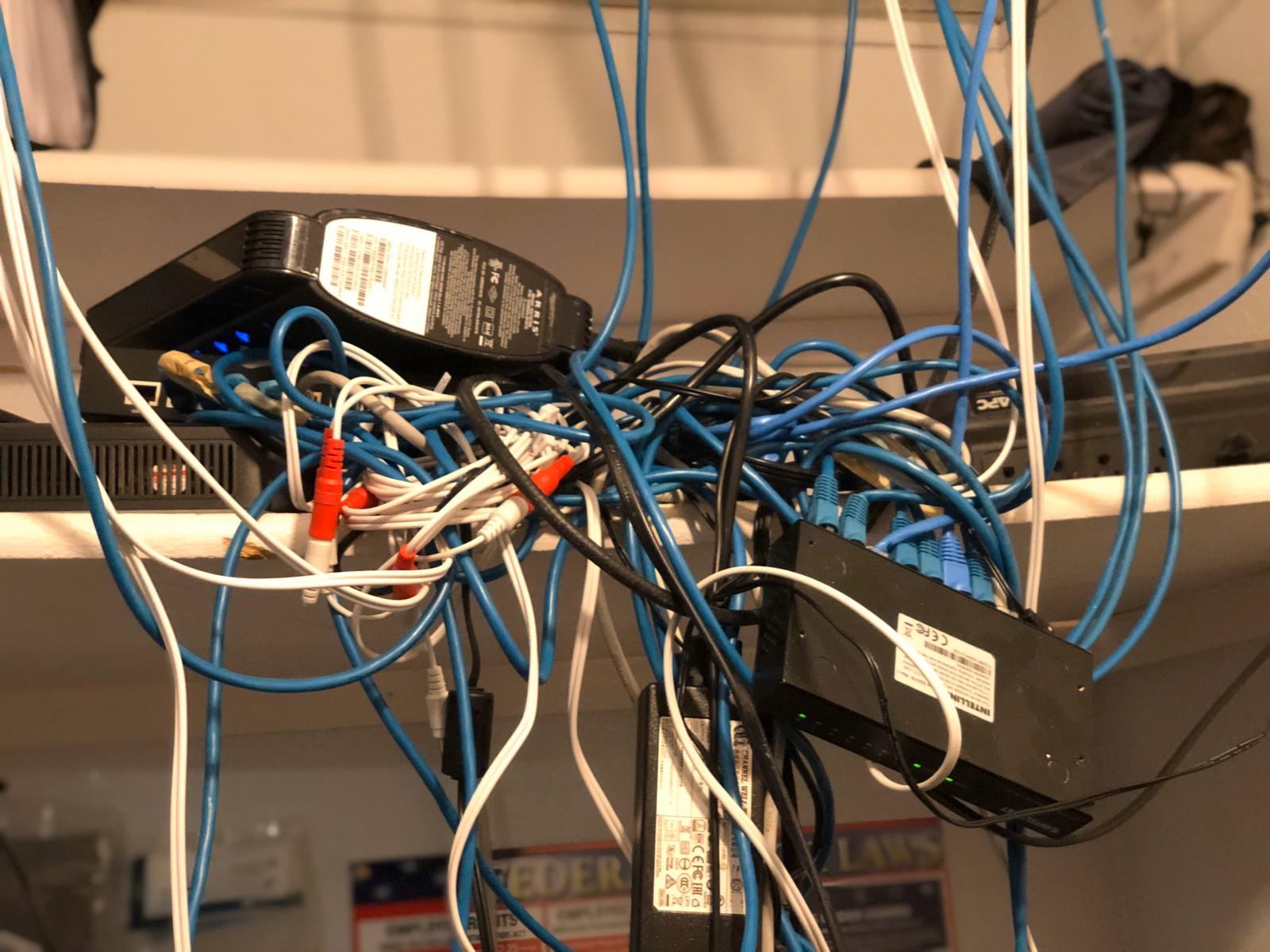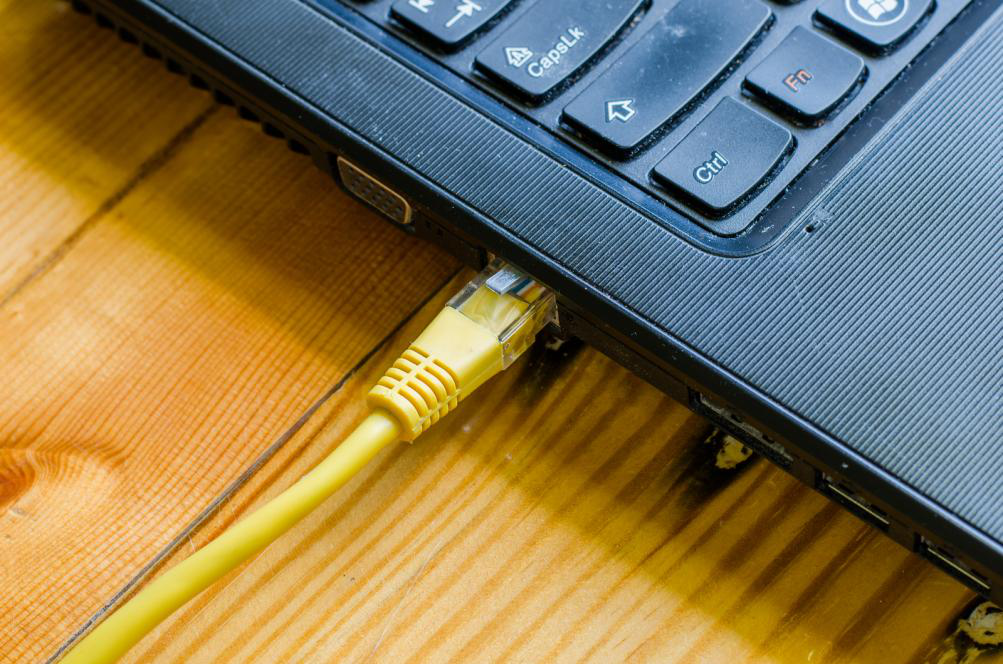Keeping you up to date with High Speed Broadband Internet Providers updates news and information.
22 October, 2024 | Posted by: Pablo Mendoza
Category: Apps, Business Internet, Cable, Entertainment, Gaming, Deals & Packages, News, Reviews, Internet, Service Providers, Streaming, Technology, This & That, Tips, TV | No Comments

Staying informed about the latest developments in high-speed broadband internet is essential. This guide highlights recent news and updates from the industry, focusing on innovations, accessibility, and significant events.
The deployment of satellites by companies like OneWeb and SpaceX has continued to expand, aiming to provide global high-speed internet access, particularly targeting rural areas. These efforts aim to bridge the digital divide, ensuring even remote areas can access high-speed internet. Additionally, HughesNet and Viasat are enhancing their satellite networks to remain competitive.
Recent reports indicate that over 42 million Americans still lack access to high-speed internet, a significant issue impacting their ability to stream content, work remotely, and perform other online activities effectively. This gap highlights the ongoing need for infrastructure improvements and broader accessibility initiatives. To understand more about the differences in internet connectivity, check out Evaluating Your Options: DSL, Cable, Satellite, and Fiber Internet.
The FCC's Rural Digital Opportunity Fund, now exceeding $20 billion, continues to be a pivotal initiative aimed at bringing faster internet to underserved areas across the United States. This fund is expected to create jobs, enhance opportunities, and improve internet access for millions of Americans, significantly impacting rural communities. Learn more about What Internet Speed is Right for You?.
Spectrum recently experienced a significant service outage affecting internet, television, and phone services in several Northeast states due to severe weather conditions. This outage left many customers without connectivity over the weekend, underscoring the importance of robust infrastructure to handle extreme weather events. For tips on improving your internet speed, visit How to Increase Your Internet Speed.
The broadband industry is rapidly evolving, with new technologies and initiatives aimed at improving accessibility and performance. Staying updated with these developments can help consumers make informed decisions about their internet services.
Before you start looking for the top internet service providers in your area, it’s important that you learn about your internet needs.
24 October, 2024 | Posted by:
Category: Tips | No Comments

Choosing the right Internet Service Provider (ISP) is crucial for your digital lifestyle. This guide will help you understand your specific needs and make an informed decision.
Analyze your household's internet needs by considering bandwidth requirements, number of users, and typical online activities. This will help you determine the speed and data you need.
Your location significantly affects ISP availability and quality. Research local ISPs to find the best options and check online reviews to gauge their performance in your area.
Choose ISPs that provide robust security measures and respect your privacy. Setting up additional safeguards, such as network encryption, can enhance security.
Some ISPs impose data caps, which limit the amount of data you can use each month. If you exceed this limit, you may incur additional charges or experience reduced speeds. Understand the ISP's policy on speed throttling, which can affect your internet experience during peak usage times.
Many ISPs offer bundled services that combine internet, TV, and phone services. These bundles can save you money and reduce the hassle of dealing with multiple providers.
Check if the ISP charges for equipment rental, such as modems and routers, and if there are any installation fees. Sometimes, purchasing your own equipment can be more cost-effective in the long run.
Some ISPs require long-term contracts, which can be difficult to get out of if you're unsatisfied with the service. Look for providers that offer month-to-month plans or shorter contract terms.
Be aware of promotional rates that may increase after a certain period. Read the fine print to understand the full cost of the service after the promotion ends.
By understanding your needs and carefully evaluating ISPs, you can select the best provider that keeps you connected securely and efficiently. Use these tips to make an informed choice and find the right ISP for you.
Are you concerned about exceeding your internet service’s monthly data cap? Most of us live our lives on the internet these days. We surf web pages on it, stream videos, and download games and movies.
24 October, 2024 | Posted by:
Category: Tips | No Comments

In our digital age, the internet is our gateway to global interaction, entertainment, and knowledge. However, managing data usage is crucial to avoid extra charges or throttled speeds once you hit your data cap.
Data caps are limits set by ISPs on the amount of data you can use each month. Exceeding these caps can lead to reduced speeds or additional charges.
By adjusting your browsing habits, managing your device settings, and monitoring your data usage, you can avoid exceeding your data cap. If data caps continue to be a problem, consider discussing options with your ISP or switching to a plan that better fits your needs.
Those living and working in an isolated location have limited internet connection options; they can either opt for dial-up or go for satellite internet.
25 October, 2024 | Posted by:
Category: Tips | No Comments

Satellite internet is a viable option for those living in rural or remote areas where traditional broadband services are unavailable. However, it's essential to weigh the pros and cons before deciding if it's the right fit for your needs.
Wide Coverage: Satellite internet can reach virtually any location, providing connectivity in areas where cable and DSL are not available. This makes it an excellent option for rural homes and businesses.
Easy Installation: Satellite internet installation is relatively straightforward. Once you have a clear view of the sky, a technician can install a satellite dish and connect you to the internet. This process is often quicker than installing traditional wired services.
Reliable in Remote Areas: For those in remote locations, satellite internet can be more reliable than other options, as it doesn't rely on ground-based infrastructure that may be lacking or in poor condition.
High Latency: One of the most significant drawbacks of satellite internet is high latency. Since data must travel to space and back, there can be a noticeable delay in data transmission. This can affect activities like online gaming, video conferencing, and real-time applications.
Data Caps: Many satellite internet providers impose data caps, limiting the amount of data you can use each month. Exceeding these limits can result in additional charges or reduced speeds, which can be inconvenient for heavy internet users.
Weather Interference: Satellite signals can be affected by weather conditions such as heavy rain, snow, or storms. This can lead to temporary service interruptions, which can be frustrating if you rely on a stable connection.
Cost: Satellite internet can be more expensive than other types of internet services, both in terms of monthly fees and equipment costs. Additionally, high-speed plans with larger data allowances can be particularly costly.
If you live in a rural or remote area where other forms of internet service are not available, satellite internet can be a lifeline. It's essential to consider your internet usage habits and requirements before making a decision. For general browsing, emailing, and streaming standard-definition videos, satellite internet can be sufficient. However, if you require low latency and high data usage, you might need to explore other options or weigh the pros and cons carefully.
Plans and Pricing: HughesNet offers plans with speeds up to 25 Mbps and data allowances ranging from 10 GB to 50 GB per month. Prices start around $60 per month.
Features: All plans come with bonus data during off-peak hours (2 AM to 8 AM), and they offer built-in Wi-Fi.
Plans and Pricing: Viasat provides a range of plans with speeds up to 100 Mbps and data allowances from 12 GB to 150 GB per month. Plans start around $50 per month.
Features: Viasat offers unlimited data plans with prioritization after the data threshold is reached and includes built-in Wi-Fi.
Plans and Pricing: Starlink, a newer option from SpaceX, offers unlimited data with speeds ranging from 50 Mbps to 150 Mbps. The cost is approximately $99 per month.
Features: Starlink provides low latency and continuous improvements as more satellites are launched.
Satellite internet is a valuable option for those in areas with limited connectivity options. While it has its drawbacks, the benefits can outweigh the negatives for users needing reliable internet access in remote locations. As technology advances, satellite internet continues to improve, offering better speeds and more reliable service.
The internet costs of playing video games online can be quite high. Let’s explore how you can save data when gaming online.
25 October, 2024 | Posted by:
Category: Tips | No Comments

Online gaming can consume significant amounts of data, which can be a concern if you have a limited data plan. Here are some effective strategies to save data while enjoying your favorite games:
Reducing the resolution and detail level of games can significantly decrease data usage, especially in graphically intensive games.
Turn off automatic updates for your games to avoid large downloads. Manually update games that you frequently play during off-peak hours to minimize data consumption.
Multiplayer games continuously exchange data with servers, which can consume a lot of data. Try to limit your multiplayer sessions or choose games with lower data usage.
Use built-in tools on your gaming console or PC to monitor and track your data usage. This helps you identify which games are consuming the most data and adjust your habits accordingly.
Schedule game updates and downloads during off-peak hours to avoid network congestion and potential data overages. This can often be done through your console or gaming platform settings.
Remove old game files and data that you no longer need. This frees up space and ensures that only the necessary data is being updated and maintained.
Use cloud storage services for game saves to free up local storage and ensure your data is backed up. Services like Google Drive, Dropbox, and Sync.com offer options to backup and sync your game data efficiently.
Only sync essential game data to your cloud storage to save on data usage and storage space. Avoid syncing large installation files unless absolutely necessary.
Connect your gaming device directly to the router via Ethernet for a more stable and efficient connection, which can help reduce data usage.
Ensure no other devices or applications are consuming significant data in the background while you are gaming. This helps prioritize your gaming data and reduces overall consumption.
Offload large files or games to an external storage device. This frees up space on your main device and prevents unnecessary data usage.
Regularly backup your game data to an external drive or cloud storage. This ensures you don't lose progress and can restore your data without downloading large files again.
Some gaming services, like Steam, offer options to limit download speeds or schedule updates. Utilize these features to manage your data usage effectively.
By optimizing your game settings, managing downloads and updates, using cloud storage wisely, and effectively managing your network and devices, you can significantly reduce data usage while gaming online. These strategies help ensure you stay within your data limits without compromising your gaming experience.